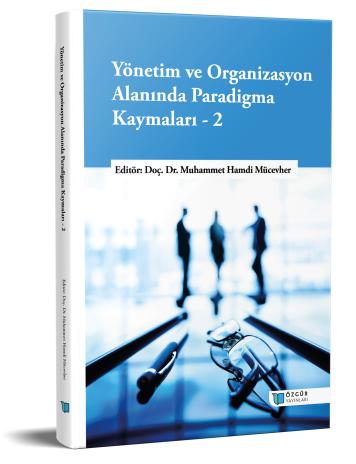
Changes in Management Approaches (From Classical Management Approach to Post-Modern Management Approaches)
Chapter from the book:
Mücevher,
M.
H.
(ed.)
2025.
Paradigm Shifts in Management and Organization - 2.
Synopsis
Management thought has a deep-rooted history, but especially since the 20th century, it has become a scientific discipline and has been addressed with systematic approaches. The management theories that emerged during this process have not only explained the internal functioning of organizations; they have also been shaped by socio-cultural, economic and technological changes. This study examines classical, neoclassical, modern and post-modern management approaches with their theoretical foundations and practical reflections. While the classical period emphasized structural elements such as division of labor, authority and hierarchy, the neoclassical period has emphasized human behavior and organizational relations. Modern approaches have developed management models that are sensitive to variable conditions with system and contingency theories by considering organizations in interaction with their environment. In the post-modern period, approaches such as Total Quality Management, Chaos Theory and Learning Organizations have been guiding in terms of continuous learning, flexibility and adaptation to environmental uncertainties. The study offers strategic suggestions for the public and private sectors in line with these approaches and reveals that the management approach has evolved into an agile, adaptable and multi-dimensional structure.

